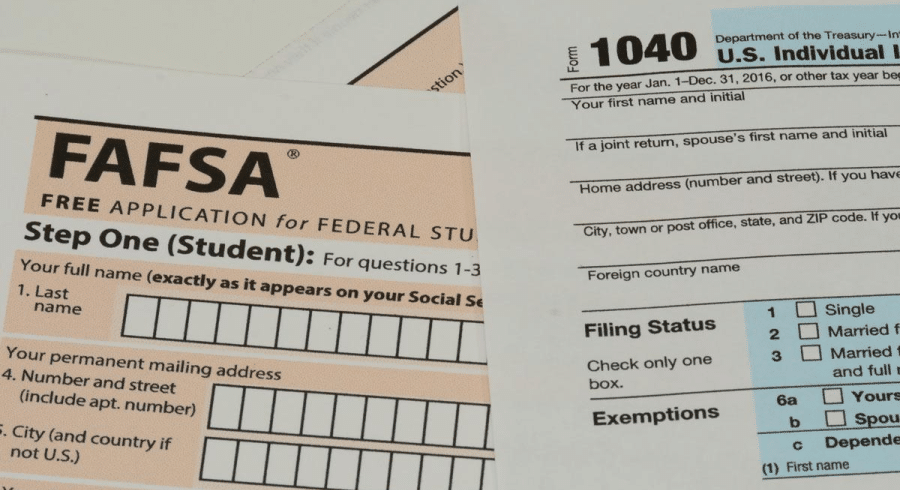
This year’s presidential election results were full of mixed emotions, but those within the LGBT community were particularly stressed and concerned. Pundits have claimed President-elect Donald Trump will be an anti-LGBT president, and several times, he himself has stated he would “strongly consider” overturning the Supreme Court’s 2015 decision that allowed same-sex couples the right to marry. Vice President-elect Mike Pence is also known to be strongly opposed to same-sex marriage.
Now that Trump is officially our President-elect, same-sex couples worry their rights are about to change. If the Supreme Court’s decision were repealed, would a same-sex couple’s marriage become unlawful and no longer be recognized as legal? Could couples marry in states that do still recognize the union? Will it now be too late for same-sex couples to marry in the coming years?
Unfortunately, we just don’t know until President-elect Trump announces his next move. However, we can look ahead and see what could potentially happen.
UNDERSTANDING THE WORST OUTCOME
While we don’t want to be doomsayers and assume the worst, it’s important to understand the financial implications same-sex couples face should their marriage no longer be recognized by the government.
Social Security
If your marriage isn’t recognized, your Social Security benefits will be more limited. Same-sex couples who aren’t or can’t be married will not be eligible for the spousal benefit, which can help couples when both are living but one spouse earns more than the other. Couples could lose an average of $780 per month. Additionally, couples won’t be eligible for the survivor benefit, which is provided to the surviving individual when their spouse dies.
Health Benefits & Medical Decisions
Same-sex couples may no longer be eligible to receive health benefits from their partner’s company as a married couple can. This will depend on the individual company. On a positive note, 66% of Fortune 500 companies offer health and retirement benefits to same-sex partners — even in states that don’t recognize the marriage.
Additionally, if a partner in a same-sex relationship fell ill, the other partner may not be legally allowed to make important health decisions on their behalf.
Estate Planning
If you were to die, your closest living relative, such as your spouse, has legal rights to your inheritance. But if your marriage isn’t recognized, that may not be the case. This may also be true for the survivor benefit protection within defined benefit plans. Same-sex couples would need to make sure they include their partner in their will for them to receive an inheritance.
Income Taxes
Filing taxes is already tricky for same-sex couples who are married but live in a state that doesn’t recognize same-sex marriage. However, if same-sex marriage is no longer legal, couples may no longer be able to file jointly and won’t be eligible for several tax benefits.
PLANNING FOR THE FUTURE
While this could potentially happen, it’s important not to panic or make emotionally-driven financial decisions. It’s more important to ensure you have your ducks in a row and a plan in place should things change. Here are a few steps you and your partner can take:
- Review your beneficiary designations. On all life insurance and retirement plan policies, make sure you have the correct beneficiary listed and, if not, update immediately.
- Compile your estate planning documents. Beyond creating or updating a will, make sure you acknowledge your partner in other essential documents, including durable power of attorney, healthcare power of attorney, letter of intent, living will, and advanced medical directive. This can help provide your partner more power when it comes to decision-making should you be unable to make decisions yourself.
- Get your financial documents in order. Review to see which accounts include both of your names. If one partner isn’t listed, you may want to add them to the account. Make sure both of you know where all-important financial and legal documents are stored, including account passwords.
NEXT STEPS
Whatever you do, don’t make any extreme changes. Ultimately nothing has changed yet and nothing may ever change regarding same-sex marriage. If you have your financial strategies and paperwork in order, you’re on the right track.
However, it’s also understandable if you’re feeling nervous or uncertain. You may not know if you have everything in order, or you may wonder if there are steps you need to take. This is when it can be helpful to speak with a financial advisor. As an advisor who frequently works with same-sex couples, I understand the common questions and concerns you face. I’d be happy to meet with you to discuss your situation and how I may be able to help. You can easily book an appointment with me online here. I look forward to speaking with you.
About Richard
Richard Archer is a financial advisor and the President of Archer Investment Management with more than eighteen years of industry experience. Largely working with successful individuals and couples, he specializes in providing comprehensive investment guidance and personalized care and attention to each client. Along with holding a Bachelor of Science in Economics and a MBA, he is a CERTIFIED FINANCIAL PLANNER™ certificant and a Chartered Financial Analyst®. He combines his advanced industry education and knowledge with his genuine care for people to provide clients with an exceptional experience. To learn more about Richard, connect with him on LinkedIn or visit www.archerim.com.








